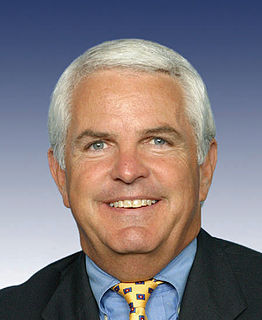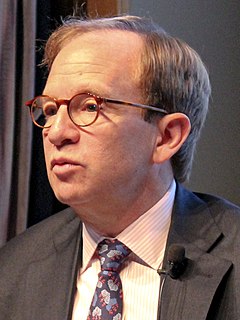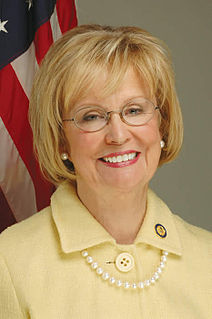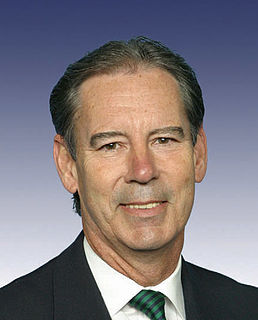A Quote by John Shadegg
Germany, I think, was first to substitute a Social Security program for its elderly based on this premise, that is, that we would tax workers to pay retirement benefits for those retired.
Related Quotes
When you pay social security taxes, you are in no way making provision for your own retirement. You are paying the pensions of those who are already retired. Once you understand this, you see that whether you will get the benefits you are counting on when you retire depends on whether Congress will levy enough taxes, borrow enough, or print enough money.
People expect those in authority to take on big problems and to solve them. We had an opportunity to reform Social Security in a way that would have protected people's benefits and created a solvent system. Younger workers would be confident that the money they were putting into the system would be available to them when they retired. It was a missed opportunity. I regret that.
Social Security is the foundation stone of that kind of retirement security. It not only needs to be strengthened in order to make sure it's there for younger baby boomers and Generations X and Y, but it probably needs to be strengthened and expanded because the retirement benefits now being offered by most employers are not sufficient to support middle-income Americans in their long years of retirement.


































